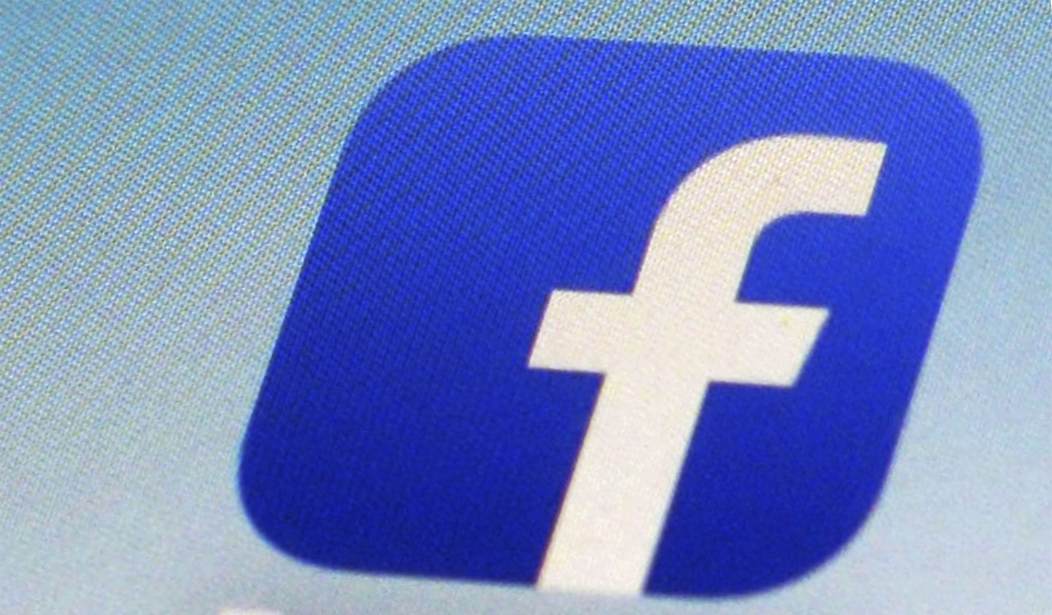Starbucks has joined the ranks of corporate giants who’ve announced they are eliminating their paid advertisements on social media platforms. They were a few days behind Verizon, Unilever, and Coca-Cola as each announced suspension of their paid advertisements and, in some cases, their overall use of the platforms. Reviewing the statements of each provides a degree of insight into their motives: they do so to protest or disassociate themselves with two types of content, primarily what they refer to as hate speech and misinformation. In an explicit nod to the shadow cast by November 3rd on all domestic issues, Unilever mentions their suspension of advertisements in light of “this polarized election period in the U.S.” They suggest that more concerted action on behalf of the social media platforms will decrease divisiveness and “will lead to more productive progress.”
Beyond a routine example of the painfully articulated corporate activism we’ve become accustomed to, a web of advocacy organizations are lobbying these companies to join the boycott. Those organizations deliberately highlight the proximity of a company’s paid advertisements to content that could offend the sensibility of customers as a way to scare that company into acting. Put more simply, for the companies that do not join the boycott, activists may threaten their revenue by associating them with content they neither created nor endorsed.
While some companies announced a pause across more than one platform, let’s be clear: this boycott effort is aimed squarely at Zuckerberg and Facebook. Monday saw Reddit, Twitch and other platforms take dramatic action to influence the course of the 2020 elections and simultaneously protect their revenue. Twitter and Reddit long before dropped any pretense of objectivity and embraced an explicitly partisan and left-leaning editorial stance in a bid to impact our domestic politics, but Facebook held out clinging to the supposedly antiquated notion that people should be able to hear directly from their public servants and each other in a reasonably unfiltered manner.
A few years back, Facebook did yield to content moderation demands and its initial strategy was to throw dollars at the problem. They built an army of content moderators around the world to police third-party-defined hateful and dangerous content and asked regulators to define explicit guidelines to share some of the fire they were taking from all sides. They succeeded in creating policies that are, in practice, arbitrarily applied, roundly resented, and already marginalize conservative viewpoints. But, no, none of this would suffice.
Recommended
That’s because this is not just another episode of expanded hate speech restrictions used as viewpoint enforcement by advocacy groups and the corporations that rely on them in the reputation protection racket. Instead, by not further removing political speech from its platform, Facebook is accused of abetting authoritarians. The end goal here is to discredit the speech of mainstream political actors in our society, and limit the terms of debate back to those deemed acceptable to these activists and corporations.
To wrap your head around where they are coming from one highly public advocate of this view is actorvist Sacha Baron Cohen. He recently suggested that by failing to more aggressively police speech Mark Zuckerberg is in league with both President Trump and Fox News and is an “authoritarian’s accomplice.”
To make clear, yes, it is those advocating for censorship who consider themselves anti-authoritarian. If that seems confusing, it’s because you have to remember that all major issues will be swept into the 2020 partisan binary, as Unilever makes clear in their statement. When you see other corporations join these efforts, it’s because they are realizing no one will be allowed left on the sidelines. These activists have for years lamented that political content widely shared on Facebook and labeled by opponents as misinformation helped Donald Trump get elected, and decided that narrative control must be tightened. Facebook resisted that impulse more so than the others and is being punished for it.

























Join the conversation as a VIP Member